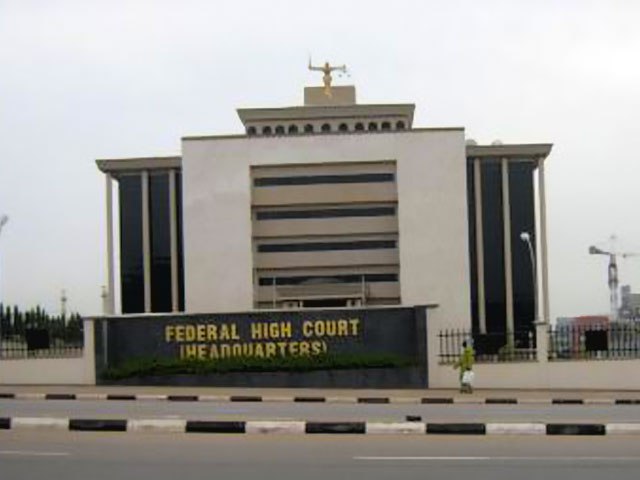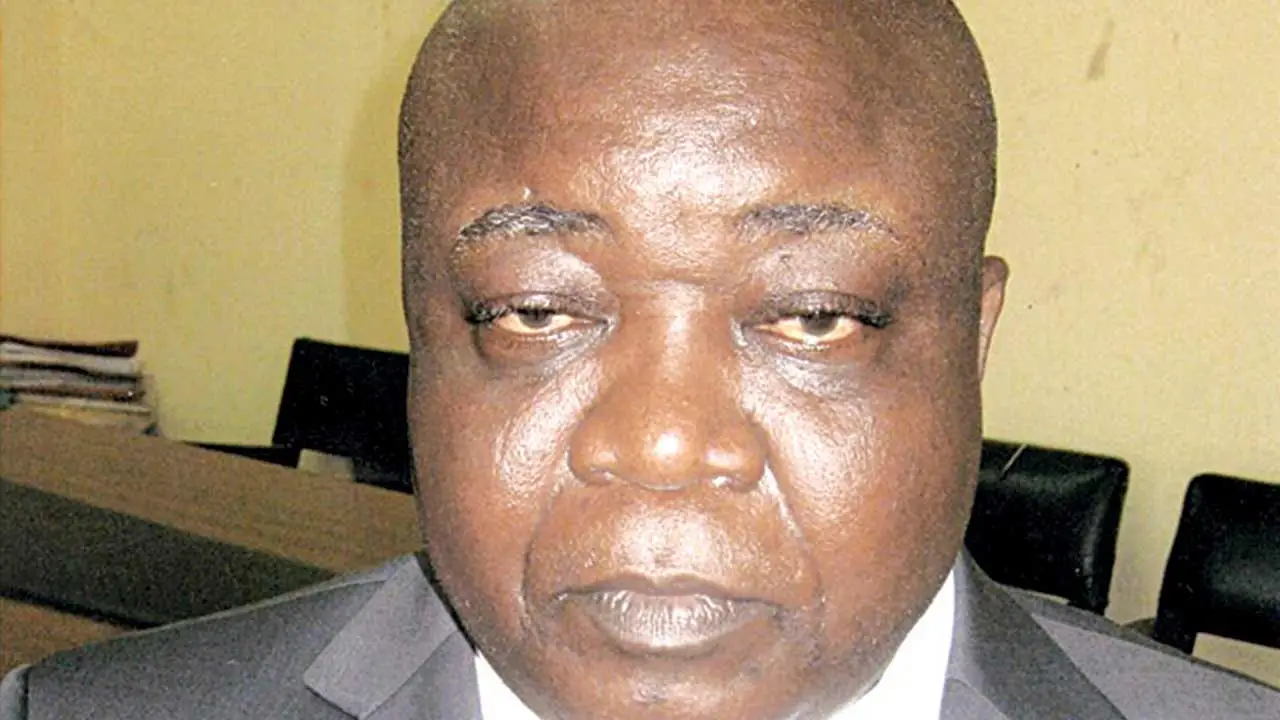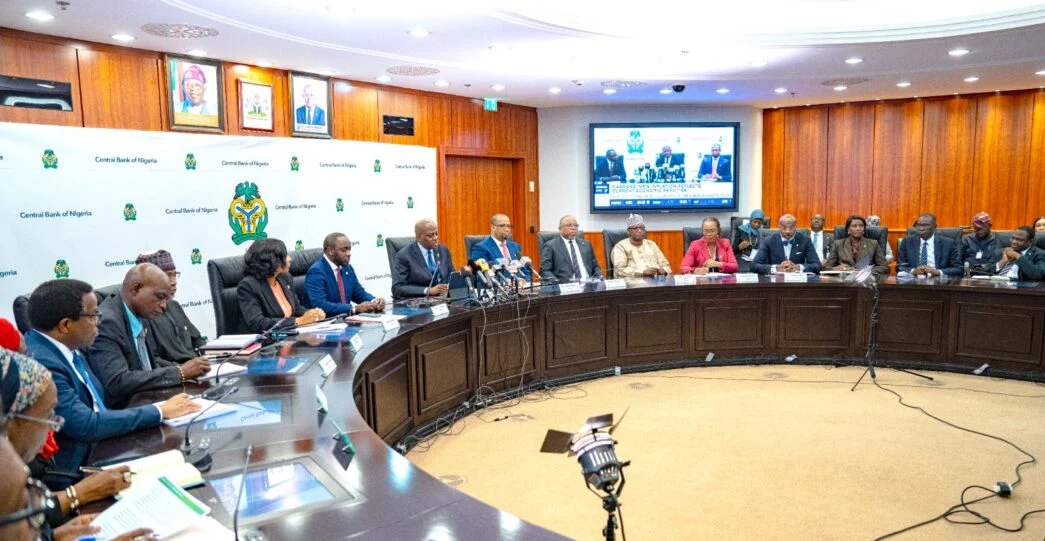Lawyers have called on the Supreme Court to expedite the hearing of the appeals arising from freedom of information cases that are presently pending before it in order to clear up the controversy over the applicability of the Act to public institutions at the State and Local Government levels and other constitutional issues.
In a communique issued at the end of their workshop in Kaduna, the lawyers noted that having regard to the importance of the Freedom of Information Act to democratic practice and good governance in Nigeria and the fact that the issues in dispute in the appeals pending at the Supreme Court raise important constitutional questions, a full court should be urgently empanelled to hear and determine the appeals.
The communique was issued at the end of a two-day Sensitization/Training Workshop for Lawyers on “Supporting the Media Through Litigation” held in Kaduna on March 5 and 6, 2019, which was attended by 44 participants, including 42 lawyers from different states across Nigeria. The workshop was convened by Media Rights Agenda (MRA) and sponsored by the Open Society Initiative for West Africa (OSIWA).
The lawyers also resolved to increase enlightenment and advocacy activities on the applicability of the Act at the State level and to ensure its implementation in all the States of the Federation, observing that “the spirit and intent of the Act, which is to promote transparency and accountability in governance, citizen participation in government, good governance and a corruption-free society, are equally applicable to the States.”
They recommended that in order to improve the capacity of judges to deal with FOI and give effect to the summary procedure prescribed by Section 21 of the Act, heads of the different courts given jurisdiction by the Act, should designate specific judges to hear and determine such cases. Such judges should then be sensitized or trained on the nitty gritty of the Freedom of Information Act so that they can have a better understanding of the relevant issues and be able to dispose of such matters coming before them speedily.
The lawyers expressed concern at the poor level of compliance with all aspects of the Freedom of Information Act by public institutions, observing that there was a low level of responsiveness by public institutions to requests for information from members of the public, widespread disregard by public institutions for their statutory obligation to proactively publish certain categories of information, and a dismal performance by public institutions in submitting annual implementation reports to the Attorney-General of the Federation, which consistently less than 10 per cent of public institutions at the Federal level have complied since 2012.
They stressed that “the government’s silence and inaction in the face of such pervasive disregard for the provisions of an important piece of legislation like the Freedom of Information Act is creating a situation of impunity among public institutions in the implementation of the Act, which is a clear violation of the principles of the rule of law and should be checked.”
Although the lawyers commended the Attorney-General of the Federation for unfailingly submitting his annual report on the implementation of the Act to the National Assembly since the Act came into force in 2011, in accordance with Section 29(7) of the Act, they called on him and future Attorneys-General of the Federation to make efforts to improve the quality of the reports and, in particular, to ensure that the reports contain all the information and details required by Section 29(7) and (8) of the Act.
They also urged the Attorney-General of the Federation to take immediate steps to live up to his statutory responsibility under Section 29(6) of the Act, which requires him to ensure that all the public institutions to which the Act applies, comply with its provisions.
The lawyers resolved to establish a Freedom of Information Legal Response Network as a platform for their collaborative efforts to provide legal and litigation assistance to journalists, media organizations and other deserving members of the public, as well as to share ideas and coordinate activities aimed at ensuring the overall implementation of the Act.
























Leave a comment